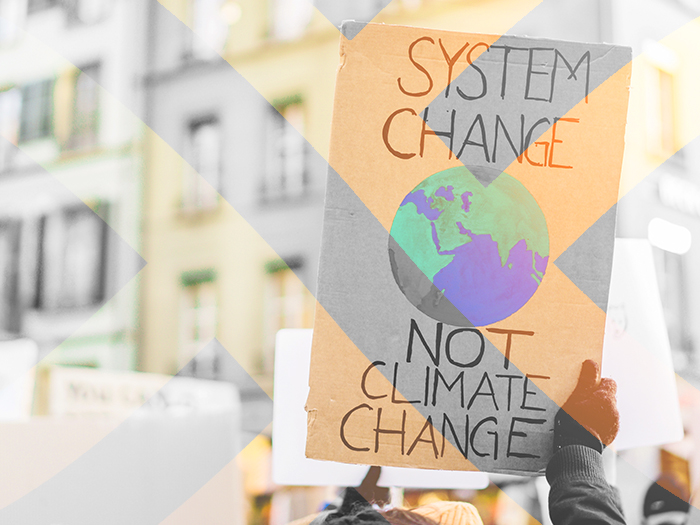News
better business decisions
Posted 2 months ago | 4 minute read

COP30: key takeaways
This year’s 30th UN Climate Change Conference took place from 10 to 21 November 2025 in Belém, Brazil (COP30). With 56,118 delegates registered, COP30 was the second-largest COP in history but for first time in 30 years, the US sent no delegates, a move that some said “cast a shadow” over the debates and intensified the deadlock on core issues. But what did the meetings achieve?
Background
It has been a decade the Paris Agreement was negotiated and signed by almost 200 member states at the 21st Conference of the Parties (COP21) in Paris. At COP21, Parties committed to financial, technical and capacity building goals to limit global average temperature rise to well below 2C (preferably to 1.5C) compared to pre-industrial levels.
Ahead of the conference, Ambassador André Corrêa do Lago, COP30 President-Designate, released his ninth open letter to the international community, urging governments, institutions, and global stakeholders to respond to the climate crisis with determined action and shared purpose.
Drawing from the reports, including the Global Tipping Points Report, UNEP’s Emissions Gap and Adaptation Gap Reports, and the UNFCCC NDC Synthesis, the letter acknowledges the scale of challenges ahead and the tools to respond as the global community gathers in Belém. “The challenge ahead is not only to identify what is missing but to mobilize what can move – to turn deficits in ambition, finance and technology into forces of acceleration” writes Ambassador Corrêa do Lago.
The letter also reiterates the three interconnected priorities that guide the Brazilian Presidency’s vision for COP30:
- reinforcing multilateralism and the climate regime under the UNFCCC
- connecting the climate regime to people’s real lives and the real economy
- accelerating the implementation of the Paris Agreement
Fossil fuels
The biggest failure of COP30, many agree, is that the final agreement only committed countries to a voluntary “roadmap” for transitioning away from fossil fuels. This roadmap will proceed outside the formal UN process and be merged with the plan of the Colombia-led “coalition of the willing.” Separately, Colombia announced it will host the world’s first International Conference on the Just Transition Away from Fossil Fuels in April. It is reported that the roadmap would involve science-led high-level dialogues among governments, industry and civil society over the next year, with results to be reported back to COP.
Climate finance
Nations reached long-awaited consensus on a set of indicators to measure progress on the Global Goal on Adaptation (GGA) established in the Paris Agreement, narrowing it down from 10,000 to just 100. The GGA seeks to increase countries’ adaptive capacity, strengthen resilience and reduce vulnerability to climate change through adequate response.
The final agreement on adaptation “calls” for the tripling of funding for climate adaptation, to be provided by rich countries to protect vulnerable nations from the escalating impacts of climate change. It builds on a previous pledge to double adaptation funds to $40B by 2025, although details of how that will be implemented, or what the exact amount will be, were left out. The initial suggested date for disbursing what’s estimated to be $120B a year was also pushed back from 2030 to 2035.
Just transition
A major outcome was an agreement to establish a just transition “mechanism”, ensuring a fair green transition that takes account the rights of all people, from workers and women to Indigenous people and frontline communities. Parties requested the 64th Sessions of the UNFCCC Subsidiary Bodies, scheduled for June 2026, to recommend a draft decision to operationalise the mechanism at next year’s COP31.
A roadmap to the halting of deforestation was dropped from the final deal.
What’s next?
The UN secretary-general Antonio Guterres said: “I cannot pretend that COP30 has delivered everything that is needed. The gap between where we are and what science demands remains dangerously wide.”
Next year’s COP31 climate summit will be held in Türkiye after Australia dropped its bid to host the talks. But following a deal agreed between the two countries, Australia will lead the negotiation process.






